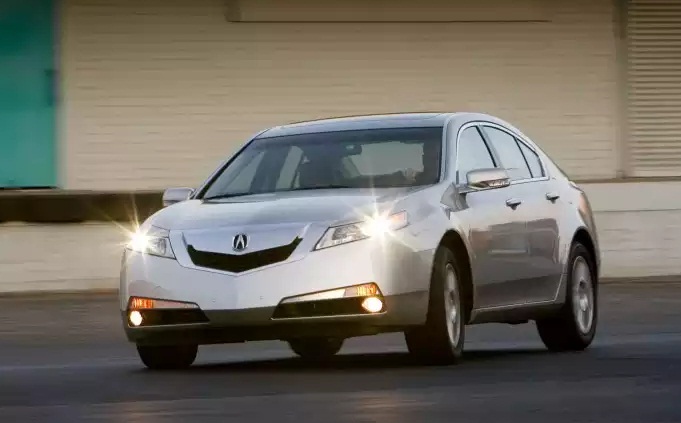If you are running a business or traveling to another state or country for a short period, you will need a car for your travel needs. You may be wondering if you should lease or finance the auto. Well, you can do either, but you are better off leasing than financing.
First, let’s explain the difference.
Financing a car is aimed at owning the vehicle while leasing involves taking a car for some days or months and returning it. In the former, you pay a down payment and then settle the remaining part monthly for an agreed period. You lose ownership only if you default payments. In the latter, you only pay for the value of the vehicle you will use and other fees.

When to Lease
Leasing is a short-term plan used to meet urgent commuting needs. They include:
- Visiting another country for a few months
- Running a short-term business
- Waiting for a preferred car model to be released
- Other short-term travel needs
Leasing a Buick
Every leasing agreement varies depending on the brand, period of the agreement, and other terms unique to every dealer. Nevertheless, there are three core factors to understand when entering a Buick lease deal as a customer.
- The Charges
Lease deal charges can be categorized into three. The main one is the cost of the value used. It means, if you take a car worth $24,000 and by the end of the period its value is $15,000, you pay the dealer $9,000. Other two charges are taxes and fees or fines. Understand each of the costs and how they are calculated before signing the deal.
- Your Responsibility
It is the primary responsibility of the customer to maintain the vehicle according to Buick’s maintenance schedule. You are also responsible for covering the car against physical damages and liability claims. Buick lease deals also let the customer pay for lost, torn, and broken parts among others. These are usually referred to as excess wear and tear. Understand all of them before entering the agreement.
- Excess Mileage
The standard allowable mileage per year on lease agreements is 15,000 miles. However, it is possible to negotiate for lower limits if you are satisfied you will not need that much. Exceeding the mileage limit is usually costly as you are charged for every extra mile. Let the dealer explain the rates on excess mileage.
Finally, when shopping for a Buick lease deal, ensure the dealer is licensed. Again, remember to understand the terms involved before accepting the agreement. Once you have your Buick, maintain, cover it but never get your eyes off the odometer!





